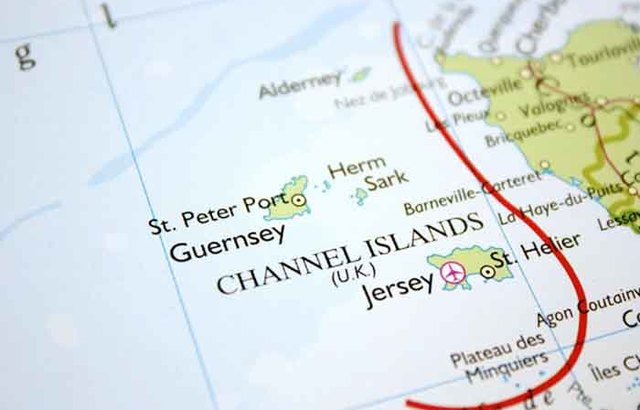The Jersey Financial Services Commission (JFSC) has issued a public statement about Hawksford Trust Company Jersey breaching its Code of Practice for Trust Company Business.
No fine was imposed, however, as the JFSC said the matter was “ineligible to be considered for a civil financial penalty” as the conduct predated the regime coming into force.
What happened?
An internal file review in 2017 identified four cases of cross charging fees, affecting three customers.
Hawksford also found that it had charged and taken fees from one customer structure that, for all intents and purposes, no longer had a useful life or purpose to justify the fees.
After notifying the JFSC, the island’s watchdog conducted an investigation, which identified “deficiencies in Hawksford’s corporate governance over customer structures and systems and controls”.
These meant that Hawksford “repeatedly failed to prevent, adequately detect and resolve the issues for a significant period”, the regulator added.
Affected customers
One case related to a discretionary trust that had been set up in 1994 for which Hawksford provided administration services.
It had lost contact with the settlor and external investment manager by 2003 but continued to charge circa £2,200 ($3,019, €2,570) per annum until the account was fully depleted in 2013.
During that time, Hawksford provided minimal services and those that were provided were seemingly not required, the JFSC stated.
“It has since been confirmed that, for all intents and purposes, the trust was no longer required, given its valueless investments. These fees were therefore unnecessary and not in the customer’s best interests,” it added.
On two occasions, Hawksford’s systems and controls did not detect that trust fees, amounting to £600, were paid by unconnected customer relationships from a pooled bank account, which was utilised for a subset of customer relationships.
Additionally, there were a further two instances of customer cross charging of circa £11,200 between unconnected customer structures, again within the pooled bank account.
“Hawksford’s governance arrangements over the affected customer structures were therefore deficient and its controls and processes for fee payments were insufficiently robust to detect and prevent the misapplication of customer monies,” the JFSC stated.
Contributing factors
The Jersey regulator identified a number of aggravating factors in the manner in which Hawksford dealt with the issues.
Specifically, the length of time it took to detect the problem.
“While the amounts involved in the cross charging were not of themselves significant, they were not identified until 2017, when an independent reporting professional was appointed by Hawksford to conduct a file review from a selection of Hawksford’s customers.
“The cross charging in question had occurred in 2013,” the JFSC said.
However, the regulator acknowledged that the trust company, “promptly, appropriately and candidly notified the JFSC of the issues, once discovered, that led to the investigation”.
JFSC director general Martin Moloney commented: “These breaches occurred over a sustained period when Hawksford failed to detect, prevent and resolve issues which led to the misapplication of customers’ money in respect of fees charged.
“This was down to deficient corporate governance, systems and controls, and policies and procedures.
“Hawksford has since ensured that all affected customers have been reimbursed in full and it has taken action to improve its operations,” Moloney added.








